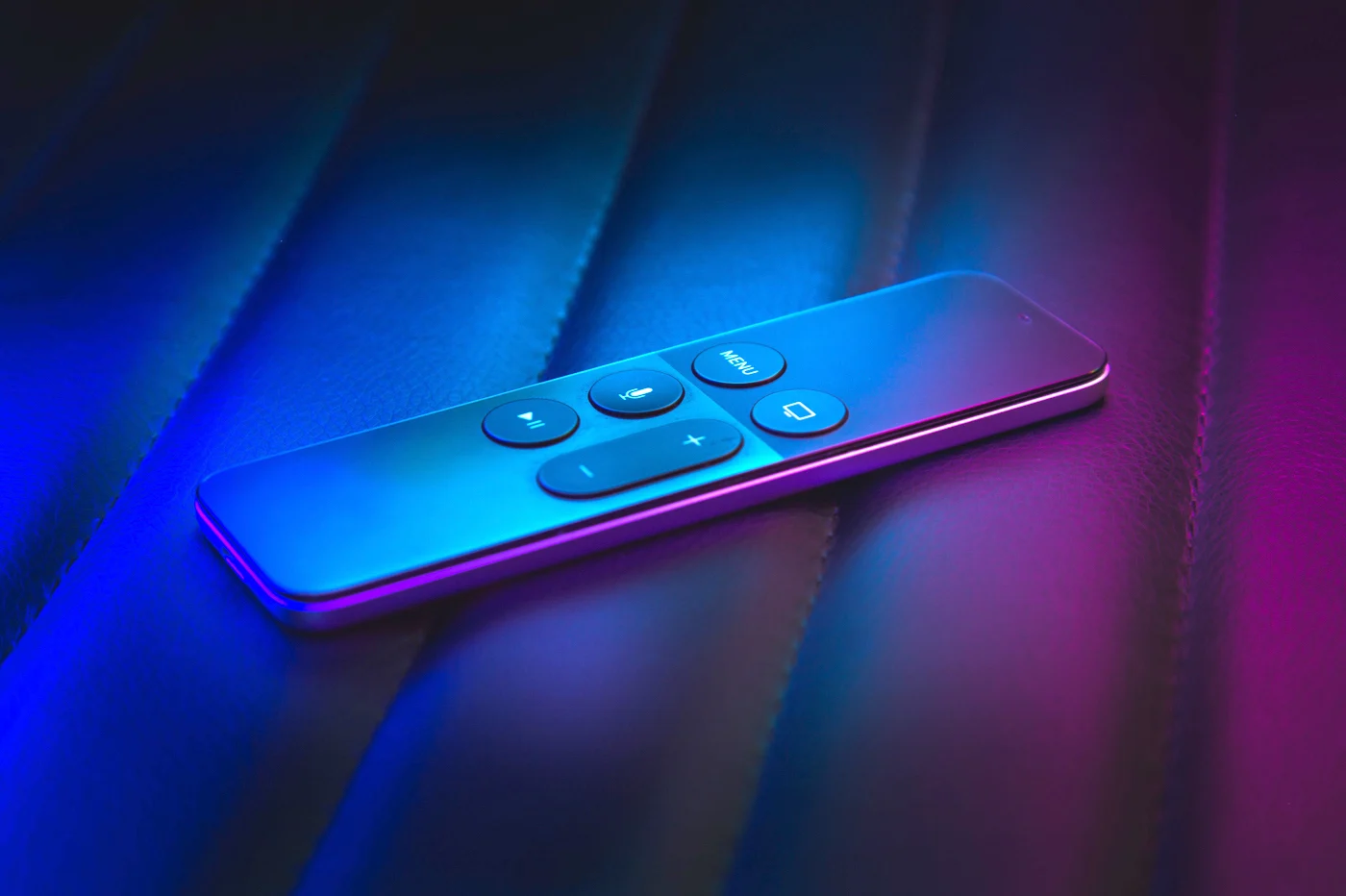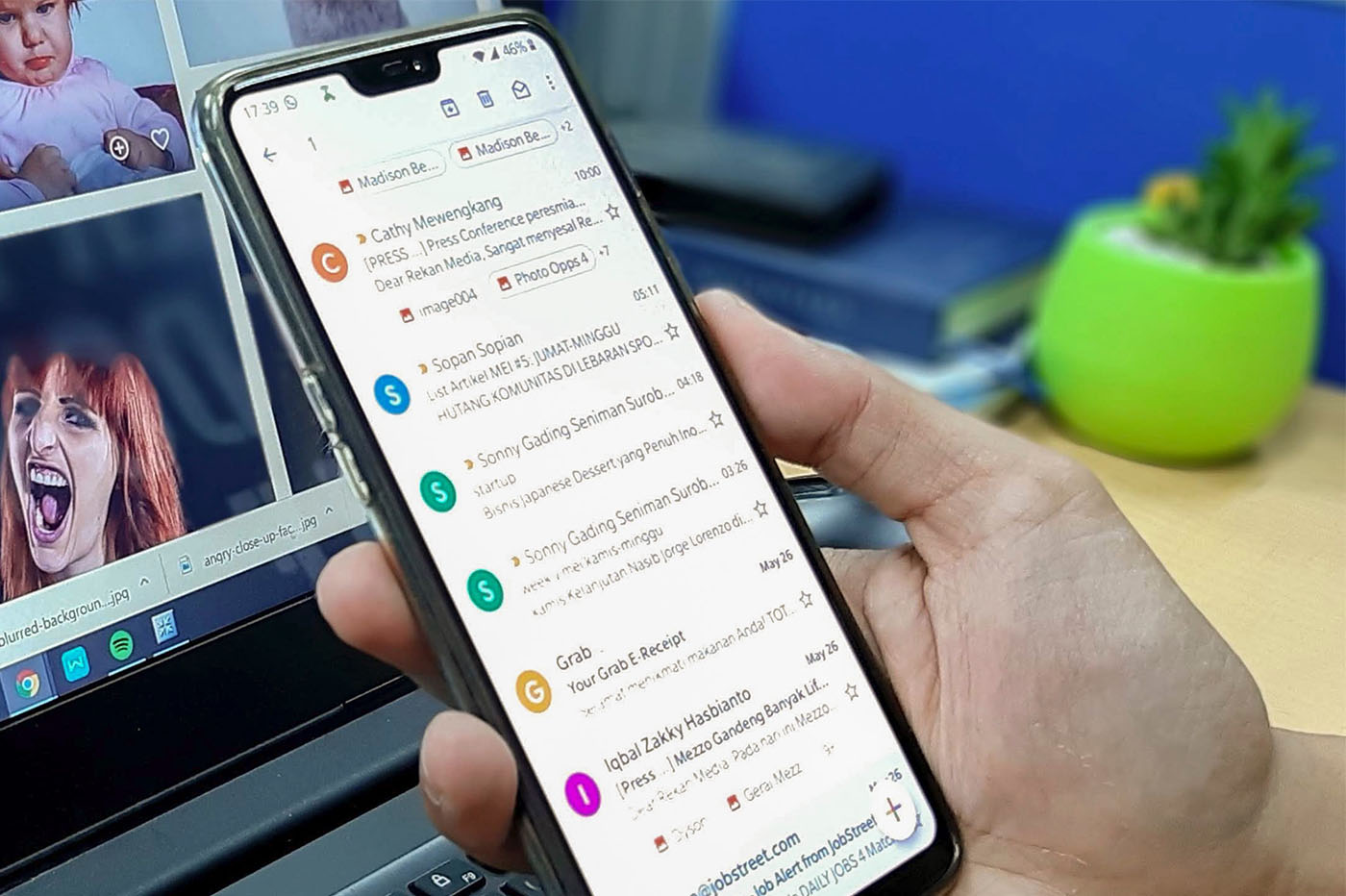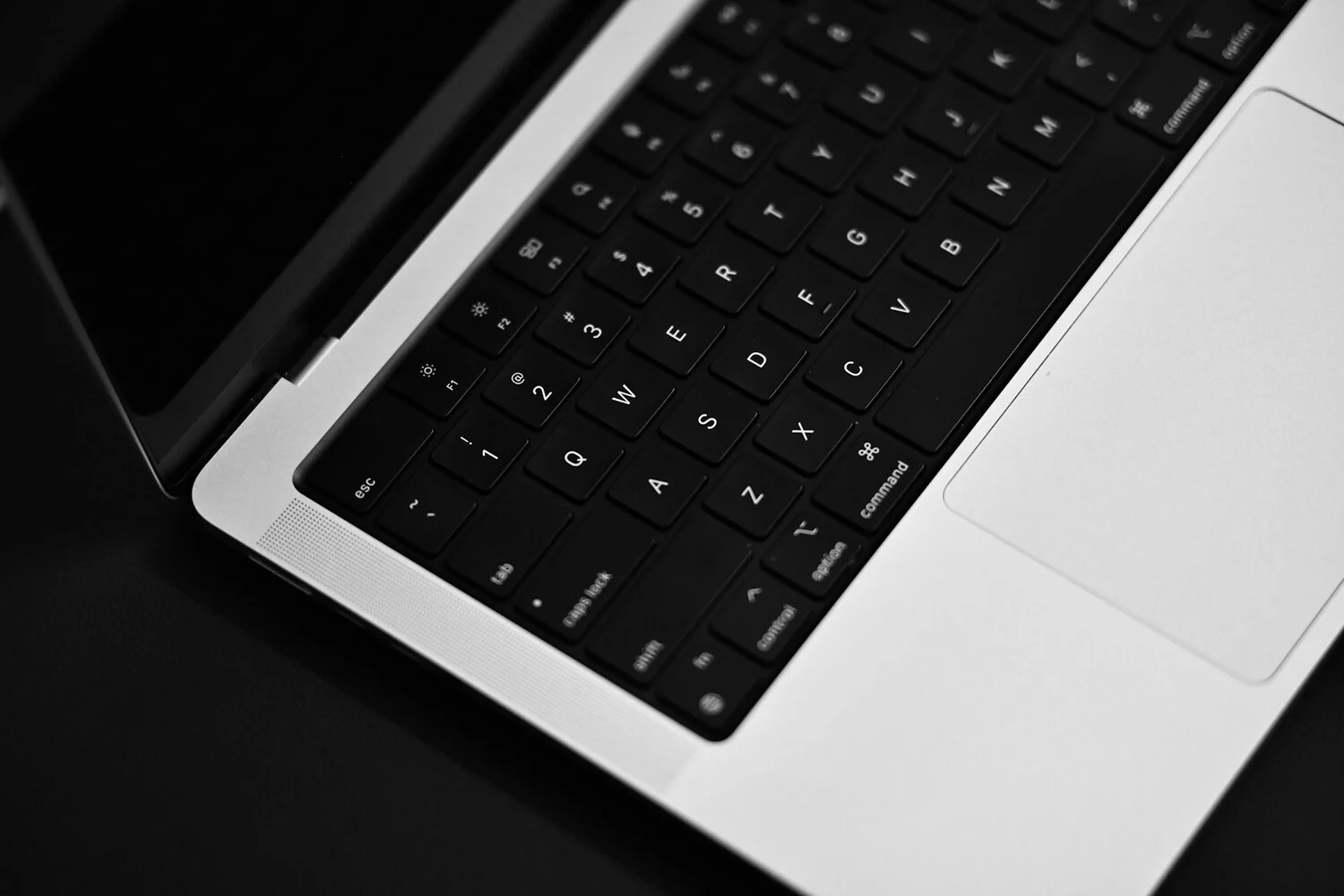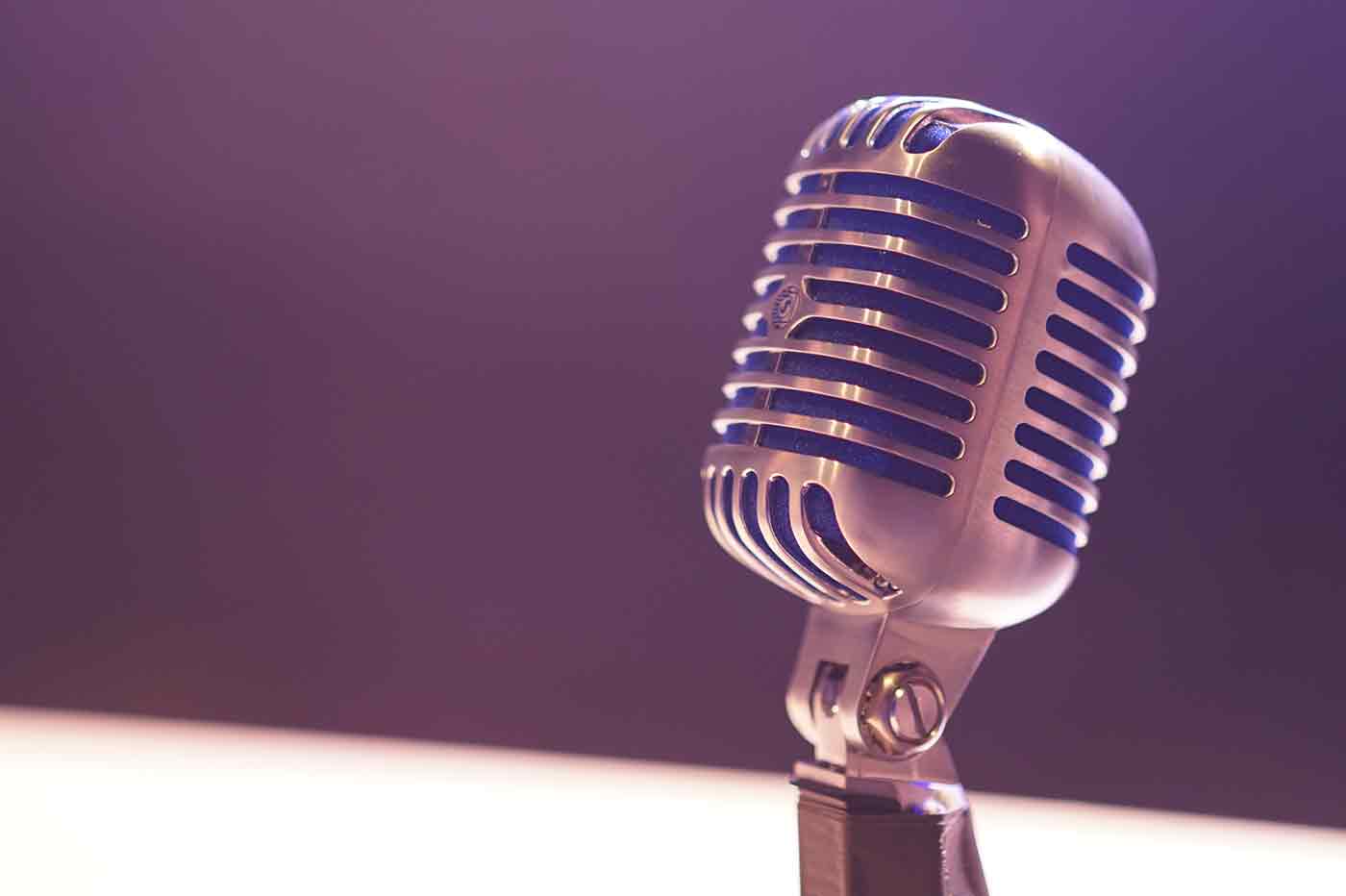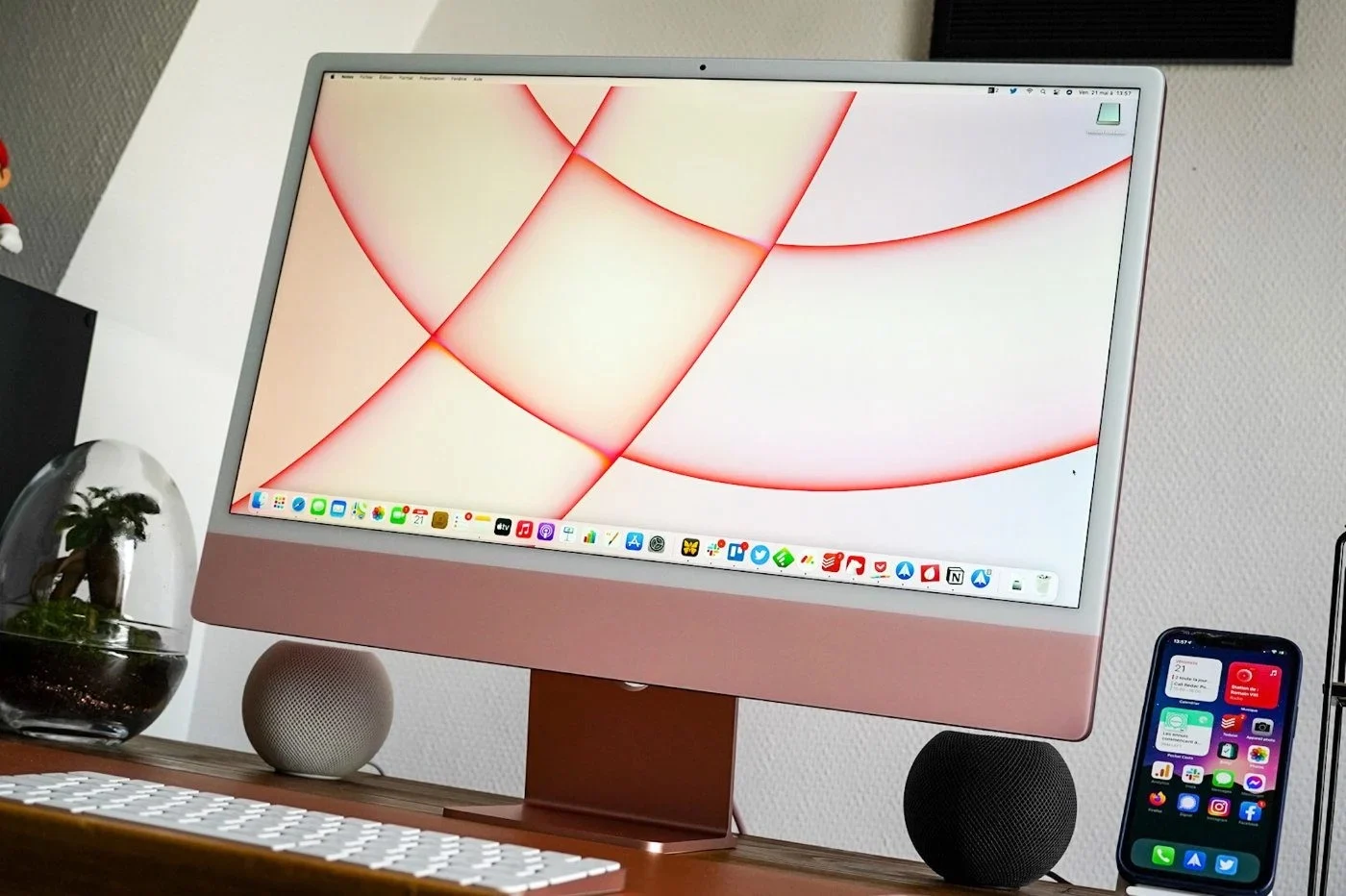Following the meteoric growth of web giants and the power this has given them, European Union commissioners wanted to regulate the digital markets in which these companies operate. According to the EU, this aims to restore fairer competition, in particular through more transparency, but also better respect for users' rights.
Context
The companies most affected by these new laws are those with more than 45 million active users in the EU. Thus giving them the status of “gatekeeper”, which means “guardian» in French. The latter are subject to several constraints, including the prohibition of anti-competitive practices, transparency regarding their figures, and the obligation to facilitate the entry of competition into the market.
Furthermore, it is important to know that the European Union deals with each service or application on a case-by-case basis, which means that a gatekeeper can hide others. For Apple for example, the EU considers thateach of its applications is independent and can constitute an economic activity in its own right. The Apple firm is currently engaged in a fierce fight against the European Commission over Safari.
Apple disputes the gatekeeper status of its web browser
By taking Safari as a single tool, regardless of the device,the EU concluded that it met the status of gatekeeper. This is because the browser has more than 45 million users, including those on iPhone, Mac, and iPad. Apple, however, disputes this opinion and has appealed the EU's decision to include Safari in its new laws.According to the firm, it has 3 separate Safari browsers for each of its devices, and not just one.
Unfortunately,this argument was not taken into accountby Thierry Breton’s teams.Justifying the inadmissibilityof this allegation inquoting an advertisement made by Apple itself: “Even Safari. Different device». The EU hit the mark… The Cupertino company also appealed concerning two other of its activities. This is iMessage, and the company's various operating systems.
Regarding the latter,The EU was admitted bythat iOS, iPadOS, macOS and tvOS were indeed distinct systems. It is therefore only iOS which is affected by the DSA, because it is the only one among the other OS which has more than 45 million users in the EU.
For iMessage, on the other hand, she rejected Apple's arguments. The EU report states: “According to Apple, iMessage is not a paid service and Apple does not monetize it through the sale of computer hardware or through the processing of personal data. In particular, Apple argues that there is no direct link between the pricing and purchase of hardware devices, and the use of iMessage.» Cupertino indicates in fact that it does not exploit iMessage, whether in terms of revenue or data. She therefore believes that the application does not have to meet EU obligations.
The argument is unfortunately not admissible for the commissioners, who consider thatusers indirectly purchase iMessage when they pay for an iPhone.
See also:
- EU accuses Apple of lying about carbon-neutral Apple Watch
- Strict and controversial DSA law comes into play in Europe: Apple is affected
- You will soon be able to chat on WhatsApp from other apps (Signal, Snapchat, etc.)
- You could soon bypass the App Store to install apps
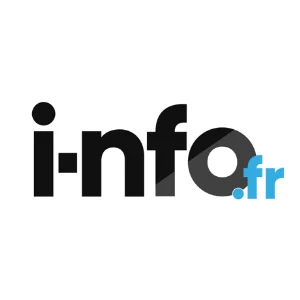
i-nfo.fr - Official iPhon.fr app
By : Keleops AG

